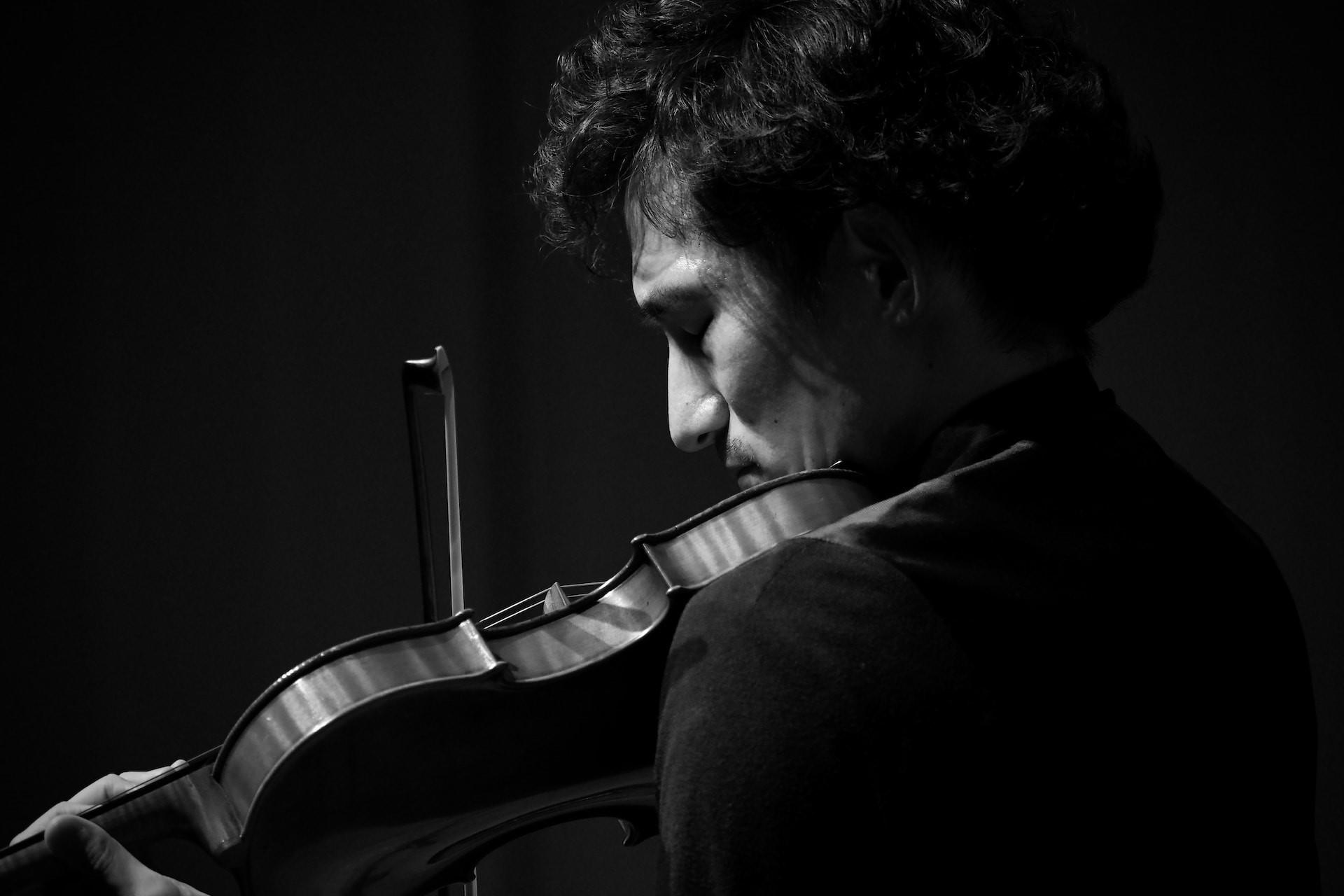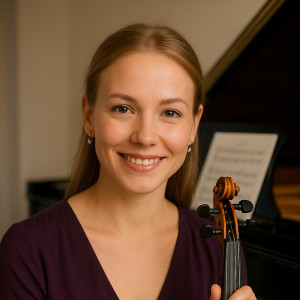After the piano and the guitar, the violin is one of the most popular musical instruments in the world.
If you're interested in learning how to play the violin, we're here for you. It's a long journey, but here's what to expect and why you should start playing the violin today!

Why You Should Play the Violin
There are plenty of reasons to play the violin. Each violinist is different and will have personal reasons and motivations, but if you're looking for an excuse to get started, you could use any of these.
Improve Your Cognitive Abilities
Playing the violin, or any musical instrument for that matter, can make you smarter. Not only will you get better at playing the violin and understand more about music, but musical instruments have been shown to improve your mental faculties and cognitive abilities.
Improve Your Dexterity
The violin comes with mental benefits and also physical benefits. We're not saying that playing the violin is a replacement for living healthily, but you'll find that your coordination and dexterity will improve through playing the violin.
The Violin Sounds Great
We can't promise that you'll sound great when you first pick up a violin and unlike a piano, whose notes sound great no matter how you press them, the violin can sound pretty horrendous if you don't know how to play.
However, once you learn how to play the violin, you'll realize that it's one of the most beautiful sounding instruments in the world and there's a reason so many composers use it in their compositions.
Playing the Violin Is Fun
Playing a musical instrument is fun. You might not believe us when you're doing exercises like scales, but playing musical instruments is incredibly enjoyable. Once you get the hang of playing the violin, you'll be able to start enjoying playing.
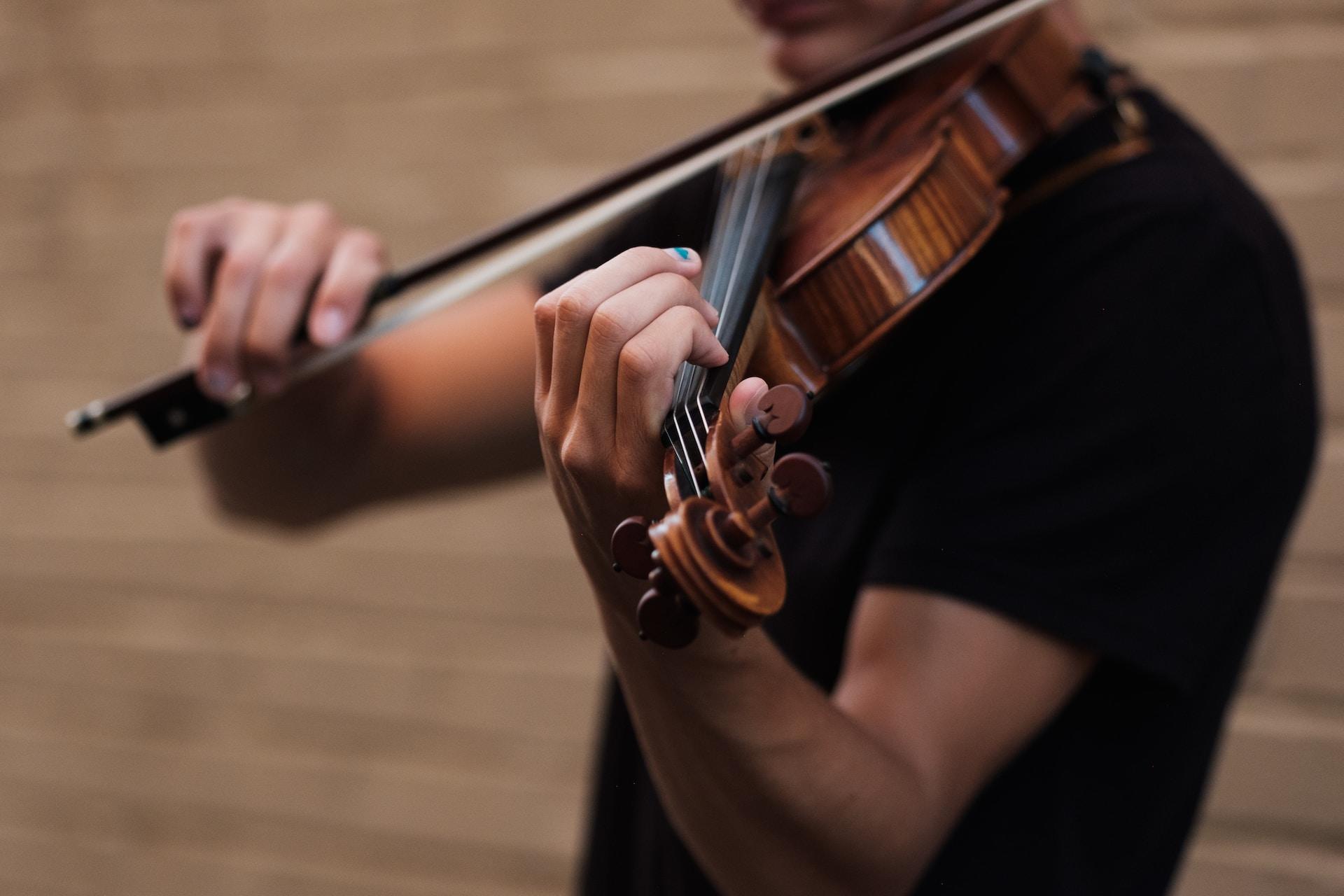
Learning the Violin Teaches Discipline
While not the fun part of playing the violin, you need to be disciplined to get good at any musical instrument.
Natural talent will only take you so far and even the most talented musicians will regularly practice and work on their playing, which requires a lot of discipline.
By learning to play the violin, you'll naturally learn more about discipline and how to effectively study and develop new skills.
Kids Who Play the Violin Do Better in School
We've already mentioned that playing the violin can make you smarter. When combined with the fact that the violin can help teach you discipline and how to study effectively, children who play musical instruments do better on exams and tests in school.
Playing the Violin is a Lifelong Pursuit
You won't learn to play the violin overnight. You can spend your entire life playing the violin and getting better at it.
By committing to play the violin, you're making a lifelong commitment. This doesn't mean that you'll never be good at the violin, it just means that you can always get better.
The Violin is an Expressive Instrument
The violin sounds great, but it's also an instrument with an incredible emotional range. Playing the violin is a great way to express emotion through music.
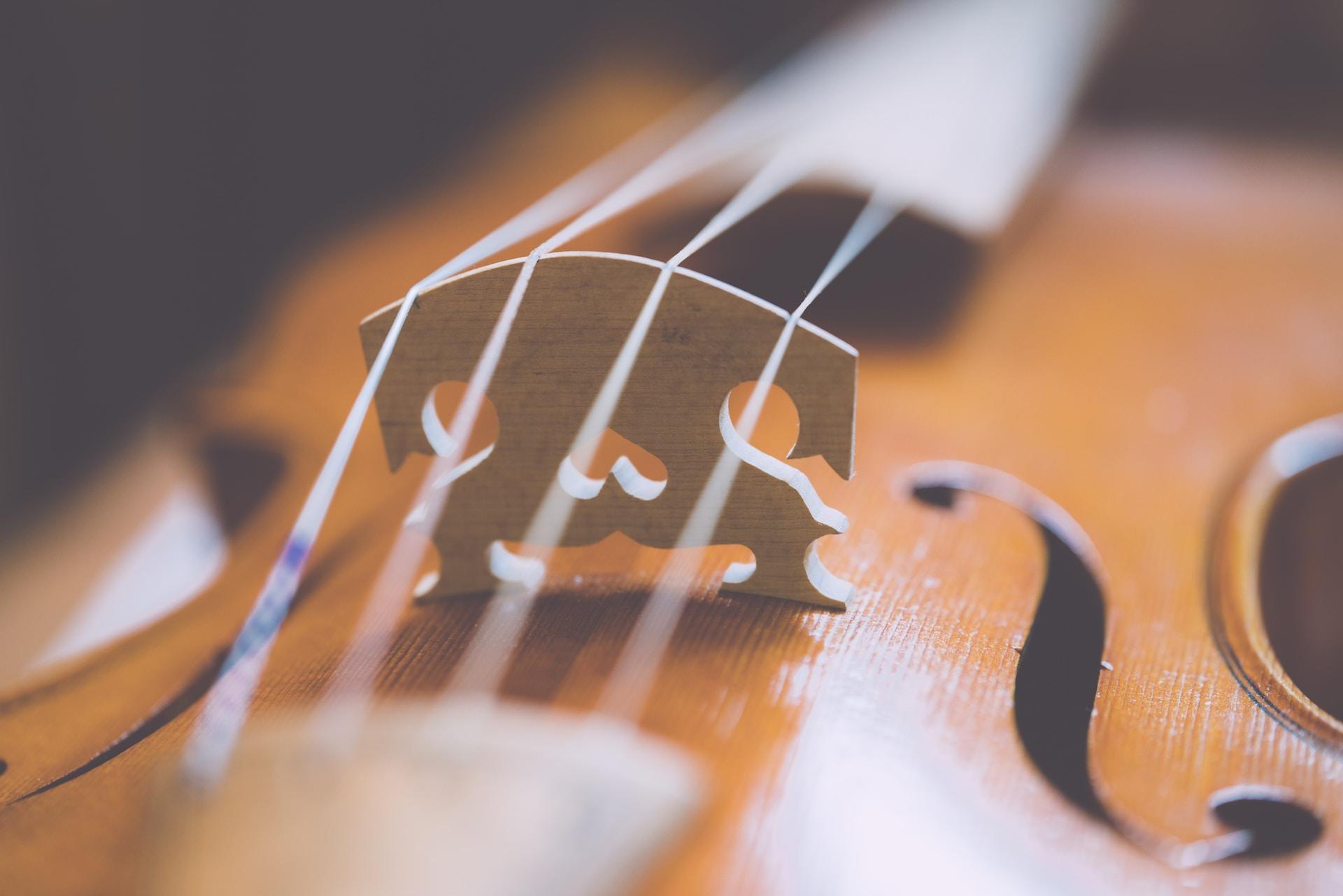
You Can Play Music in a Group
Many people enjoy sharing music and you'll find that a lot of violinists enjoy being able to play their music alongside other musicians.
Whether it's with one other musician, in a band, in a string quartet, or as part of an orchestra, there are plenty of ways that violinists can share their musical talent with other musicians.
You Can Play Music on Your Own
Playing music with others is great, but you don't always happen to have an orchestra on hand. Fortunately for violinists, their instruments sound great on their own, which is why violin solos are popular.
Whether you play to a backing track or just on your own, the violin is an instrument that doesn't always require other musicians to sound good.
How to Go from Amateur Violinist to a Maestro
Now that you know why you should play the violin, here's our advice on how to go from a complete amateur to a violin virtuoso.
Just remember that every musician's journey is different and we're not going to be able to cover everything you need to do to become a great violinist in a single article.
However, here are some of the most common steps followed by the great violinists out there.
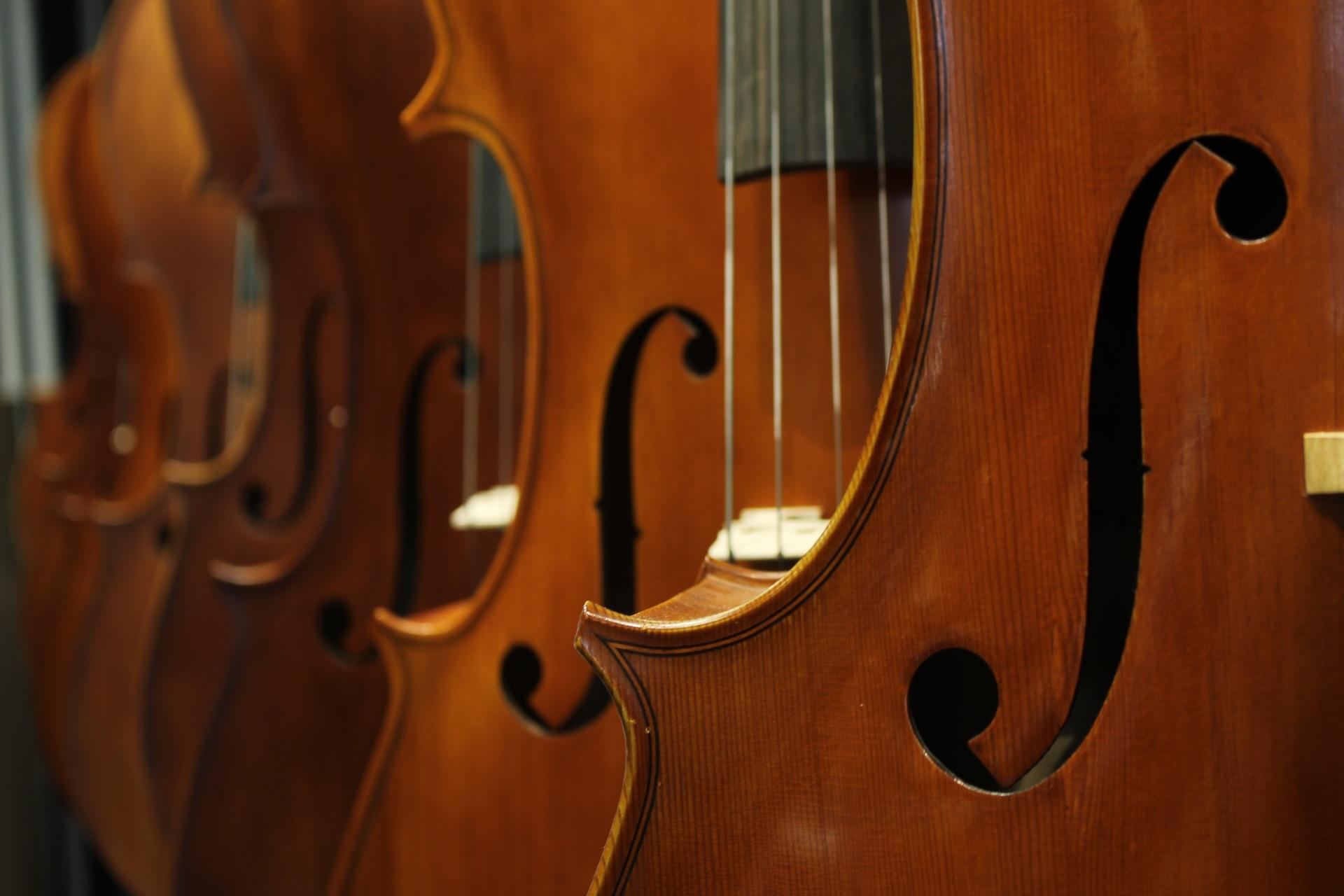
Meet Your Violin
You'll start your journey as a violinist with the instrument itself. Before you can play a single note on the violin, you'll need to understand it.
You won't need to learn exactly how to make a violin, but it's a good idea to start by familiarising yourself with the instrument, how it works, and how it makes a sound.
Work on Your Violin Technique and Posture
Once you've met your violin, you'll start learning how to hold the instrument and the basic techniques for producing a sound from your new best friend.
The violin isn't the easiest instrument to make a pleasing sound on and we've all heard the horrors of somebody trying to make a sound on a violin when they don't know how to play it.
This is why every violinist should start with the absolute basics, even if they seem simple.
Learn to Read Music
There's often a debate in music as to whether or not it's worthwhile learning how to read music. There are plenty of great musicians who never had much formal training or musical education, but we'd certainly recommend learning how to read music if you have the chance.
After all, sheet music is an invaluable resource for violinists and if you know how to read it, you can easily shortcut having to learn certain pieces from memory.
Practice Technical Exercises
Once you've got to grips with the violin and can read a bit of sheet music, you can move on to technical exercises.
You'll improve your playing by working on the fundamentals and before you learn how to play full violin pieces, it's a good idea to work on scales, arpeggios, and your overall violin technique.
Build a Repertoire
Once you've mastered the basics, it's time to build your repertoire. In music, your repertoire is just the pieces that you know how to play.
In classical music, a repertoire is quite important, especially for musicians who want to perform as part of a band, quartet, or orchestra.
Violin Lessons and Formal Violin Education
You may also want to consider a formal music education at this point. If you've already had violin tuition or a violin lesson, you might consider music schools, colleges, conservatoires, and the traditional routes into performing classical music.
You can still get a formal music education outside of classical music, but classical musician education is by far the most traditional and well-established kind of musical education in the West.
Play with Other Musicians
Once you're good at playing the violin, learning pieces, and getting a formal education, you can start looking for opportunities to play with other musicians.
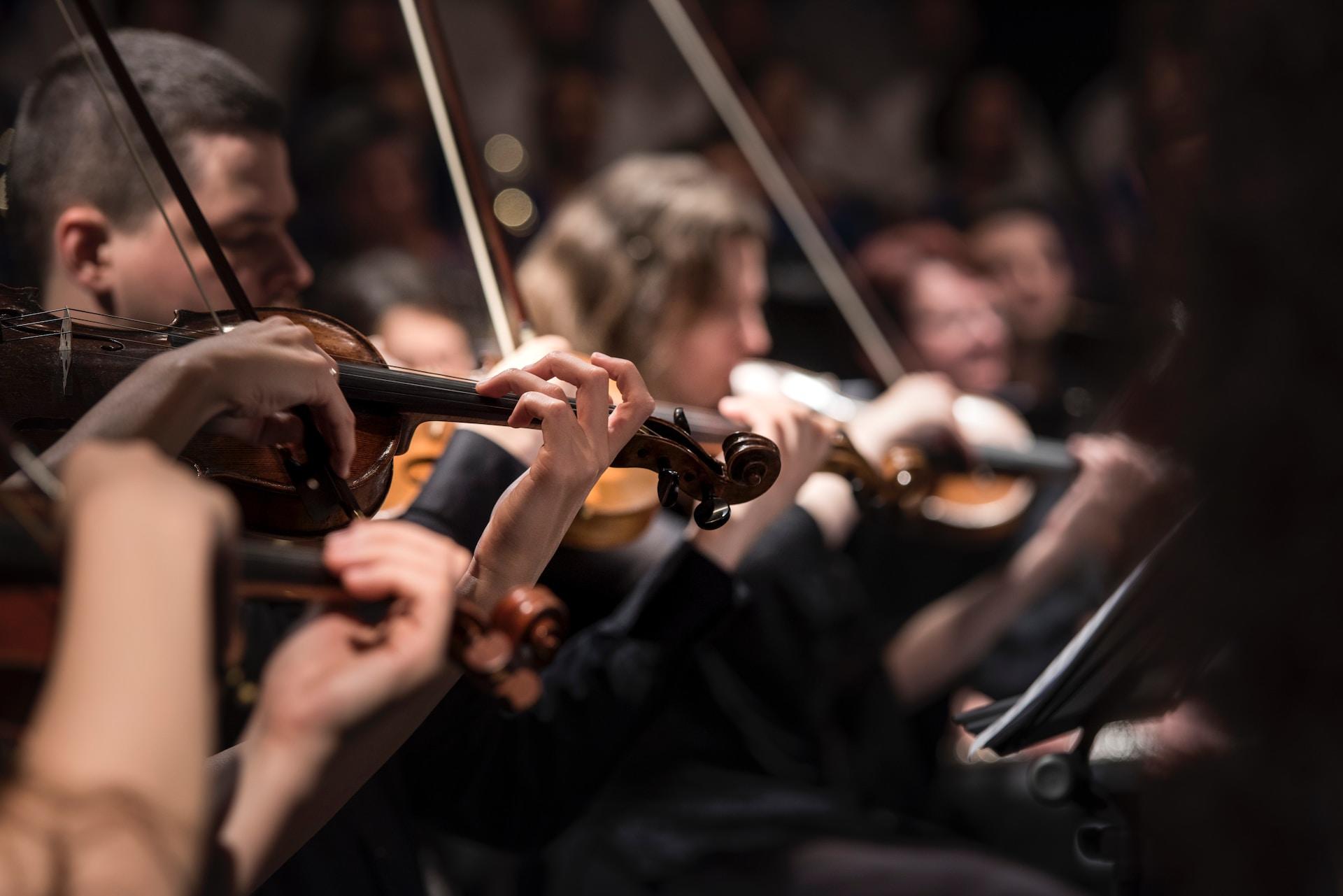
Playing with other musicians is an excellent way to improve your violin playing and every violinist should look for opportunities to perform as part of ensembles and bands when they can.
Take Part in Violin Competitions and Auditions
While music should be enjoyed, if you're serious about playing the violin, you may want to look into competing and auditioning.
The music world can be quite competitive and to make a name for yourself and join the best groups or orchestras, you'll have to compete and take part in auditions.
Gain Professional Experience
If you make it into an orchestra or ensemble, you can start being paid for your violin playing. This isn't something you need to do if you're not interested in playing violin professionally, but to become a violin virtuoso, you'll likely have to play professionally.
Learn From the Best
The best violinists learn from the best and it's common for great violinists to seek out mentorship from the greats.
These kinds of opportunities are very limited so they're naturally only reserved for the most promising violinists who've already proven themselves to have what it takes.
Even once you've mastered the violin, you can keep improving with mentorship from the world's greatest violinists.
Teach the Violin
Once you have a decent level, you can pass on your knowledge to the next generation of violinists. You don't necessarily need to be the world's greatest violinist to teach, but the very best tend to move into teaching once their careers are winding down.
After all, regularly performing can be exhausting, especially for the musicians who tour. After successful careers as violinists, don't be surprised to hear that the greats are teaching or mentoring future violinists.
We can't predict what the future holds for you as a violinist and this is just one example of how you'd go from picking up a violin to becoming an incredible violinist.
Only you can choose the route you take on your violin journey.
If you need help on your violin journey, don't forget you can find online violin lessons at Superprof. Just search for violin tutors where you live and you can start browsing their profiles.
Summarise with AI:

